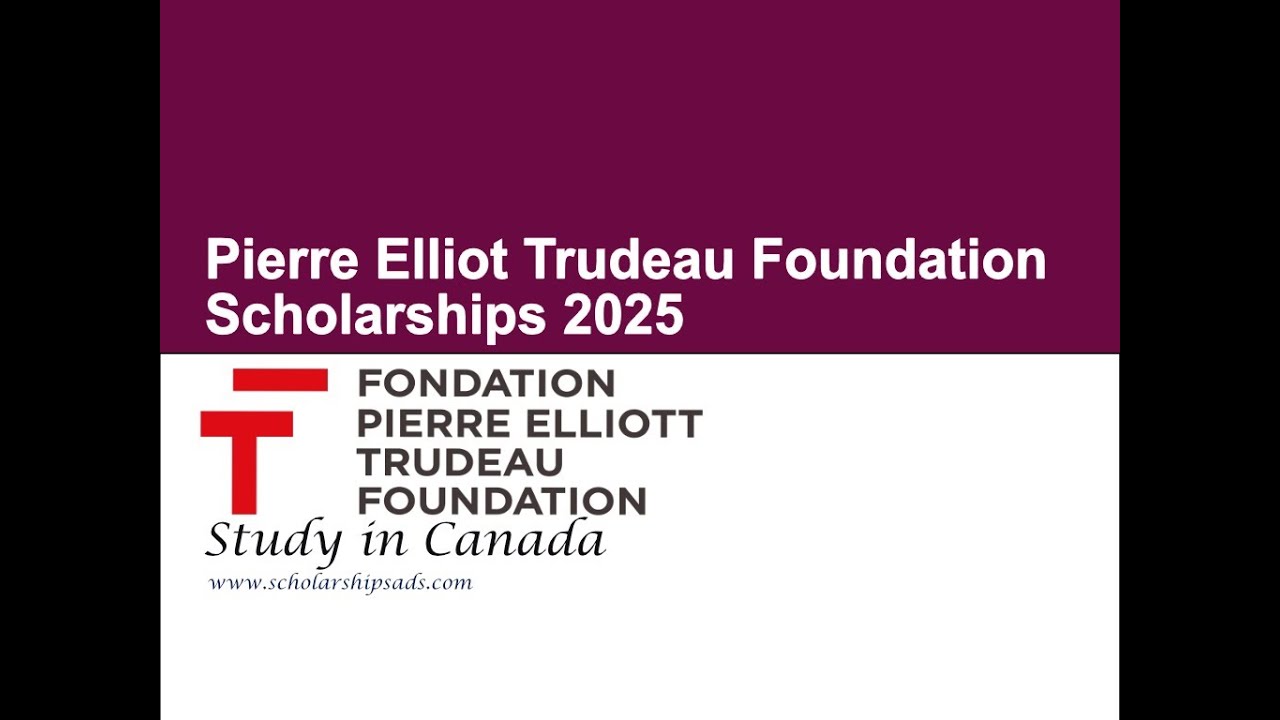
Explore Canadian law schools' tuition for 2025 and what law students in Canada need to know about costs, fees, and financial planning for legal education
Do you want to become a lawyer? Canadian law schools' tuition is usually just one of the many expenses associated with legal study. In fact, it might not be the most expensive part of being a lawyer. Depending on where you’re located, other factors like rent, books, or groceries could be the major expense when studying law.
Aspiring lawyers in Canada will have to spend upwards of $100,000 before being granted the privilege to take the Bar exam. This amount includes Canadian law schools' tuition, books, schooling expenses, and cost of living. After graduation, students will also have to pay thousands in order to take the Bar and secure their license.
However, that shouldn’t discourage anyone who wants to pursue the legal profession. Canadian schools value jurists and take every effort to provide aspiring lawyers with the assistance they need. This can include financial help through scholarships, awards, and bursaries. Of course, money is still a factor – so what school is the cheapest?
Here’s a comparative table of five low-cost Canadian law schools' tuition. Note that most of them operate in Québec. These rates are mainly the approximations for full-time students who live in the province where the school operates:
Law school
Estimated costs
McGill University
$5,654.67
Université de Sherbrooke
$1,940.00
Université de Montréal
Est. $2,800/year
Université du Québec à Montréal
$3,816 – $5,161
University of Victoria
$12,504

McGill University offers JD, Masters, and JD with Masters programs. Student life within the campus is rich and energetic with multiple organizations that students can participate in. For example, there’s the Graduate Law Students Association (GLSA) that conducts activities on a yearly basis.
A highlight of the GLSA is the conference that brings together students inside and outside of Canada. This gives graduate students the chance to network and connect with each other on common grounds. The school also has a Career Development Office where students can get insights and advice on professional growth after graduating.
The Faculty of Law also provides exceptional students with faculty prizes, bursaries, and awards. This includes internship awards and education opportunities like the Elizabeth L. Thomson International Experience Award or the Nathan Schipper Internship Award. With these, outperforming students can have their tuition costs defrayed. 
Université de Montréal (UdeM) primarily teaches in the French language. Its Faculté de Droit offers both LLB and JD degrees as well as Masteral and combined programs. Students who enroll in this school can look forward to multiple clinic choices, including:
Other than the great educational environment, students can look forward to an active community. To start, there’s the Association of Law Students of the University of Montréal, which hosts professional-development activities for students.
Students seeking financial aid can also apply for faculty financial aid. This is given to students who study full-time and are members of the Coop. For existing students who excel in their subjects, awards are also given with certain perks for the awardee. 
Another French-speaking law school, students who enroll in Université de Sherbrooke – Faculté de droit (UdeS) must be able to communicate in the university’s preferred language. It offers a Bachelor of Laws with options for research types and course types. It also has Doctorate degrees and multifacility programs.
The school’s legal clinics offer multiple opportunities for students to get first-hand experience. You can choose from the Mediation Clinic, the International Legal Assistance Bureau, or the Entrepreneural Legal Clinic. The faculty also generates an annual review of each clinic that students can download to fully understand the scope of services.
The law school has a scholarship directory where students can get financial aid. Some of the ones for law students include the Canadian Bar Association (CBA) Founding Members Award and the Richard Crépeau Law Scholarships. 
UQAM offers its students in-campus residences, which gives them easy access to all of the university’s features. There are accommodations designed for two to eight people, with some rooms designed for students with disabilities. There’s even a housing bank that students can check out to look for accommodation.
The campus itself is home to a large library packed with materials for easy reading. For decompressing, there are fitness centres where students can invest in their overall health. Study-wise, the university also offers several opportunities for hands-on legal experience. They can choose from different legal clinics like Juripop or the UQAM Legal Clinic.
Around $15 million worth of financial aid is received by students on a yearly basis in UQAM. These scholarships are available for general students, access students, or even international ones. In fact, foreign students are given the opportunity to work while studying in UQAM. 
Located in British Columbia, University of Victoria (UVIC) – Faculty of Law is in the top 10 best law schools in Canada. That’s why it’s so great that it’s also in the five least expensive schools for aspiring lawyers. The school immerses students in experiential learning. This exposure gives students a chance to figure out what field of law they want to practice.
Legal clinics available through the faculty of law include:
Balancing out education with self-care, students also have access to services that feed their mental health. There’s the Student Wellness centre, the Family Centre, and others.
Financial aid is extensive and falls in different categories. For example, there’s the Indigenous Fellowship Awards for members of the Indigenous community. There are also external scholarship competitions like:
Here’s some information about this scholarship:
For the sake of comparison, here are the top five most expensive Canadian law schools' tuition:
Law school
Estimated costs
York University – Osgoode Hall Law
$26,178.22
Queen’s University – Faculty of Law
$23,479.91
Lincoln Alexander School of Law
$22,367.52
University of Ottawa – Common Law
Est. $20,000–$21,000
University of Saskatchewan
Est. $19,617
Notably, many of the most expensive law schools in Canada are in Ottawa. For more information about Canadian law schools' tuition, check our 2025 complete list of law schools in Canada.
Tuition fees tend to change each academic year. This reflects the increasing operational costs of universities to provide the program. Increases are usually decided by the Board of the University and can be as little as 3 percent of the previous year’s tuition. Every school is different so checking before every academic year is important.
Other factors considered when evaluating Canadian law schools' tuition fee are:

The University of Toronto holds first place in the top law schools in the country. Located in the most populated city in Canada, the school has a tuition of $16,520 for first year JD students. Other than JD though, they offer a variety of programs such as Master of Laws, certificates, and combined JD programs.
Students at this law school can choose from in-house or external clinics, depending on their interests. For example, in-house clinics include exposure to international human rights or a downtown legal clinic for low-income residents. External volunteer opportunities include clinics for workers or Aboriginal law.
They also have an array of scholarships, awards, and bursaries. Both merit-based and need-based help is available. There’s also a dedicated office where students can inquire about financial assistance, which should make the application process easier.
McGill University – Faculty of Law is also included in the least-expensive Canadian law schools tuition list. This is why it can be surprising that the law school is also among the top ranked in Canada. Information about the school’s offerings is already provided in the earlier part of this article.

Holding the third spot among the best Canadian law schools, the Peter A. Allard School of Law offers JD and master's programs. Domestic students will have to spend around $14,232.96 for their first year of tuition, placing the school around the mid-range when it comes to Canadian law schools' tuition.
The school offers a variety of hands-on experiences through their legal clinics. There’s the Business Law Clinic, Indigenous Community Legal Clinic (ICLC), and even a Rise Women’s Legal Centre. There are even externship programs that expand a student’s exposure to the legal profession with the supervision of licensed professionals.
Awards, bursaries and scholarships are also available. Some you must apply for like the Allan McEachern Memorial Scholarship in Law while others function automatically like the Law Foundations First Nations Award. The awards can be for several thousands of dollars, depending on the benefactor.

Occupying the fourth spot among the top law schools in Canada, the Osgoode Hall law. Student life is diversified with students coming from all walks of life. In fact, several student associations are available in the university, giving you the chance to network. Some of these include the Black Law Students’ Association and the Women’s Network.
The great thing about this school is that students are automatically considered for scholarships. After the Financial Statement, names are entered into the roster provided they meet other requirements. To be considered, students must have a GPA of 3.8 and an LSAT score in the 80th percentile or greater. Other factors are, of course, considered.
If you want a thorough comparison of legal education, a complete list of Canada’s law schools is available for 2025.
The expenses listed here are limited to tuition only. Ancillary fees or other expenses associated with studying in each law school are separate from the amounts listed. For added specificity, students are advised to log into the specific law school before enrolling. Don’t forget to factor in the cost of living in the area.
The cost of living in Québec is around $1,700 each month. Most of this expense is with rent which can be anywhere around $700 to $800 per month. Schools with in-campus housing may have lower prices, especially if you’re living with other students. Groceries, transportation, and other costs depend heavily on the lifestyle of the student.
Montréal is another city where many of the schools are located. Unlike Québec, however, the cost of living here is significantly cheaper. In contrast, Toronto, where many of the best schools are located, has a higher cost of living. Looking through other factors and resources before deciding is critical if you want good law school experience.
Here’s a little something about Toronto’s cost of living:
Ultimately, your choice of school should go beyond Canadian law schools' tuition. Other factors like student life, the programs offered, scholarships available, and general interview impressions should matter. If the goal is to ultimately get the best legal education, then your choice should be based on the totality of the university.
Stay up to date by subscribing to through the legal education page to help you better decide on your legal career!
The Canadian Legal Newswire is a FREE newsletter that keeps you up to date on news and analysis about the Canadian legal scene. A separate InHouse Edition is delivered on a regular basis, providing targeted news and information of interest to in-house counsel.
Please enter your email address below to subscribe.



Recent Comments